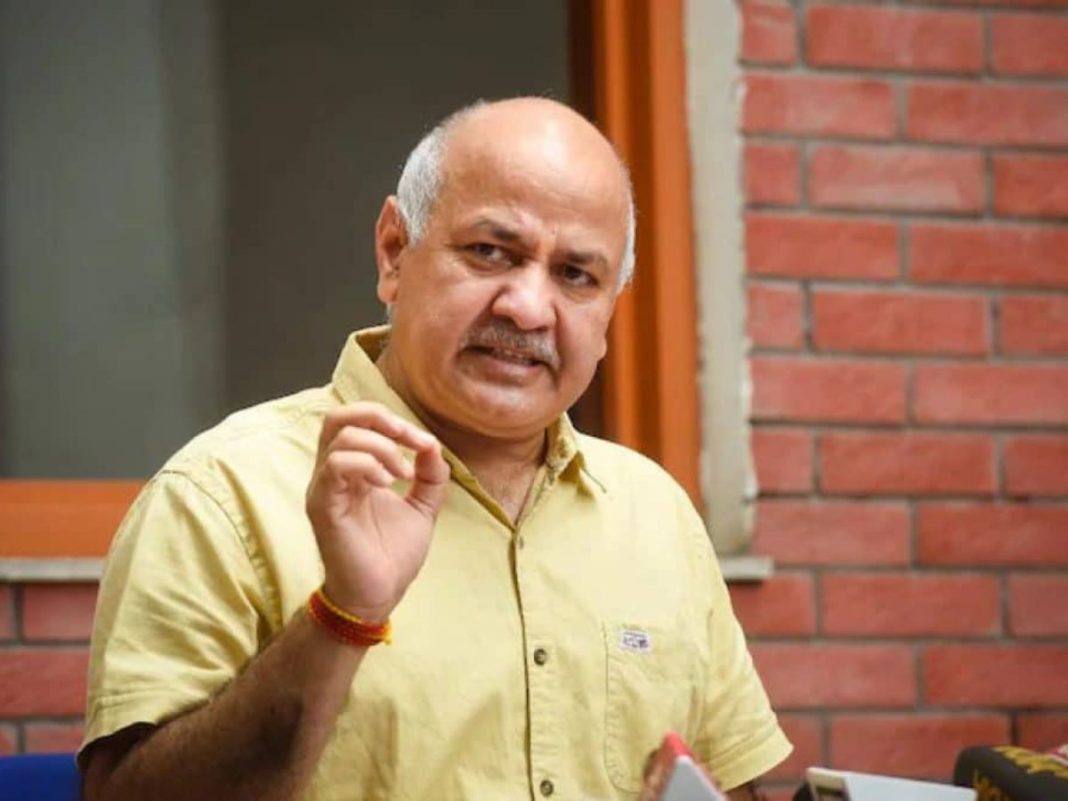New Delhi, December 9: The Supreme Court will hear Aam Aadmi Party (AAP) leader Manish Sisodia’s plea seeking relaxation of bail conditions in the alleged liquor policy irregularities case on December 11.
A bench comprising Justices BR Gavai and KV Viswanathan agreed to hear the matter after senior advocate Abhishek Manu Singhvi, representing Sisodia, mentioned the plea and requested an expedited date.
Key Arguments in Sisodia’s Plea
Sisodia has requested the relaxation of bail conditions requiring him to mark attendance at the police station every Monday and Thursday. Singhvi argued that Sisodia, a respectable public figure, has already complied by appearing 60 times. He also noted that similar conditions were not imposed on other accused in the case.
Earlier, the Supreme Court granted Sisodia bail, considering his deep roots in society and ruling out the possibility of him fleeing. The court acknowledged the extensive timeline of the trial, involving 493 witnesses, thousands of physical documents, and over a lakh pages of digitized evidence.
Bail Conditions and Legal Restrictions
While granting bail, the court imposed conditions on Sisodia, including surrendering his passport and reporting to the Investigating Officer every Monday and Thursday between 10-11 AM. Sisodia was also directed not to influence witnesses or tamper with evidence.
Background of the Case
Manish Sisodia was arrested by the Central Bureau of Investigation (CBI) in February 2023 for alleged irregularities in the formulation and implementation of Delhi’s now-scrapped excise policy. The policy was withdrawn following allegations of corruption raised by opposition parties.
The CBI has accused Sisodia of playing a key role in a criminal conspiracy and deeply influencing the policy’s creation and implementation to achieve specific objectives. Sisodia remains in judicial custody as investigations continue.
Next Steps
The Supreme Court’s decision on December 11 could determine whether Sisodia will receive relief from the current bail conditions. This case remains pivotal in the broader narrative of governance and accountability in Delhi’s administration.

